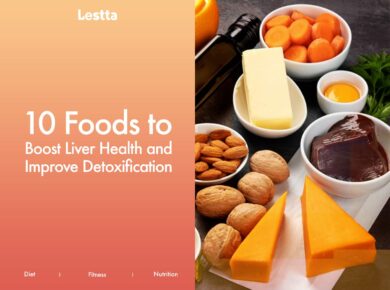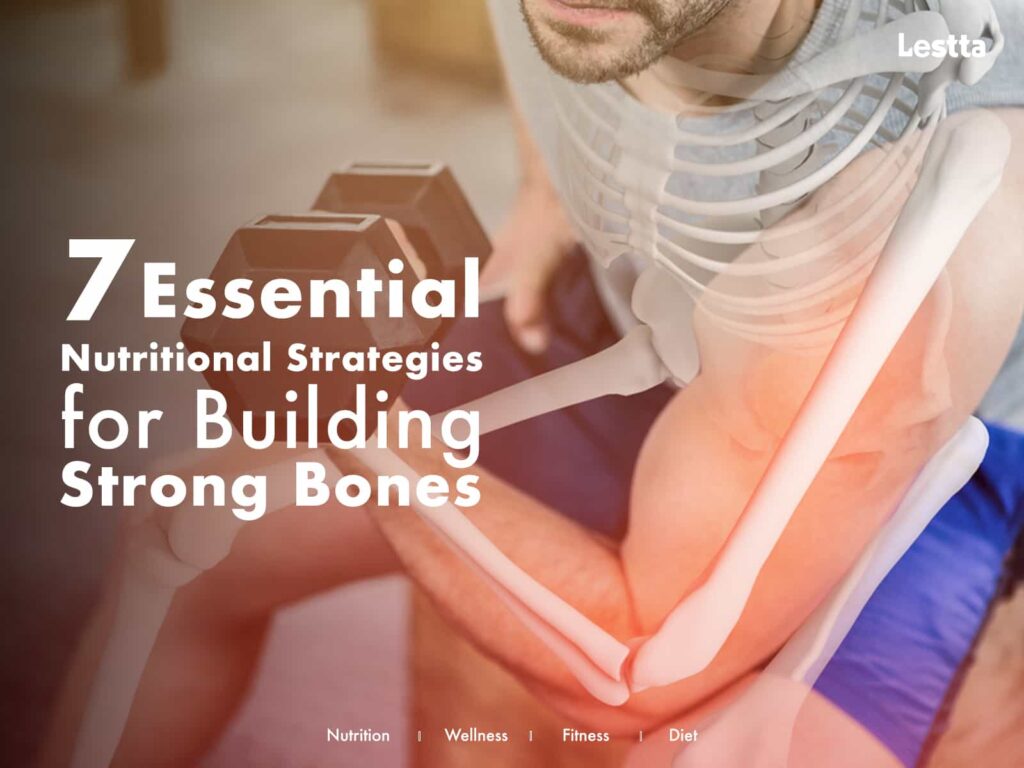
Building strong bones is crucial for maintaining overall health and preventing bone-related issues as we age. Bones provide structural support to our bodies and play a pivotal role in protecting vital organs. However, several factors can compromise bone health. In this article, we will discuss seven essential nutritional strategies to help you build and maintain strong bones.
1. Calcium-Rich Foods
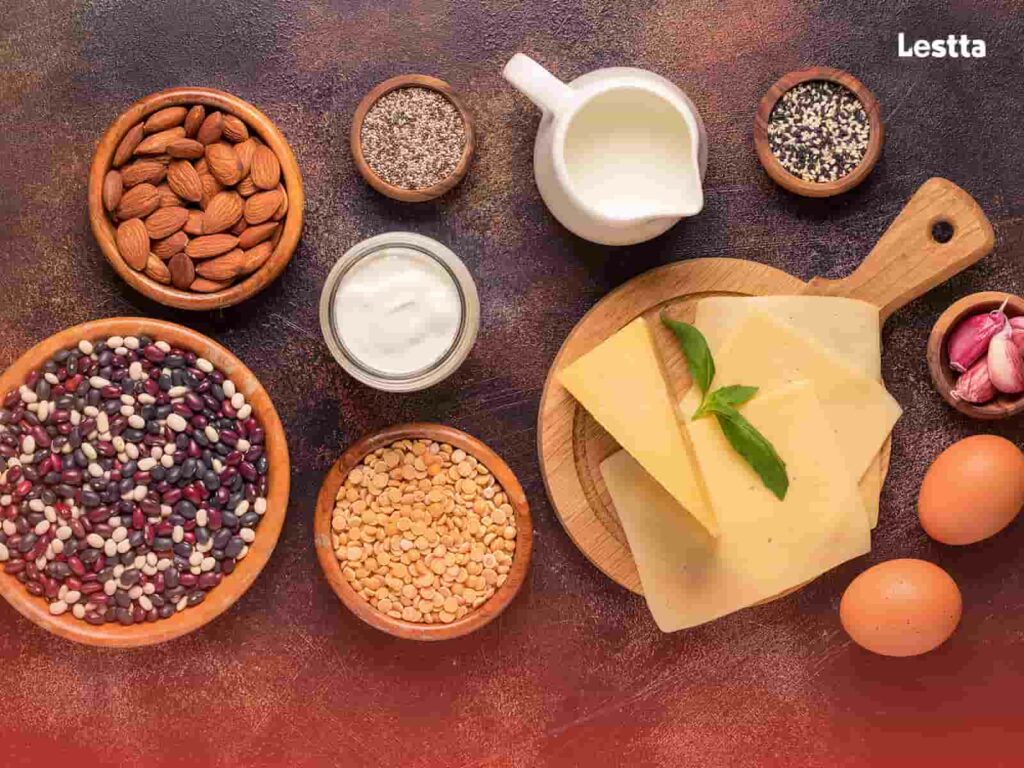
Calcium is the cornerstone of bone health, and consuming an adequate amount is vital for building strong bones. Incorporate calcium-rich foods into your diet, such as dairy products like milk, yogurt, and cheese.
If you are lactose intolerant or following a plant-based diet, you can opt for fortified plant-based milk alternatives like soy, almond, or oat milk. Additionally, leafy greens, like kale and broccoli, are excellent non-dairy sources of calcium.
2. Vitamin D Supplementation
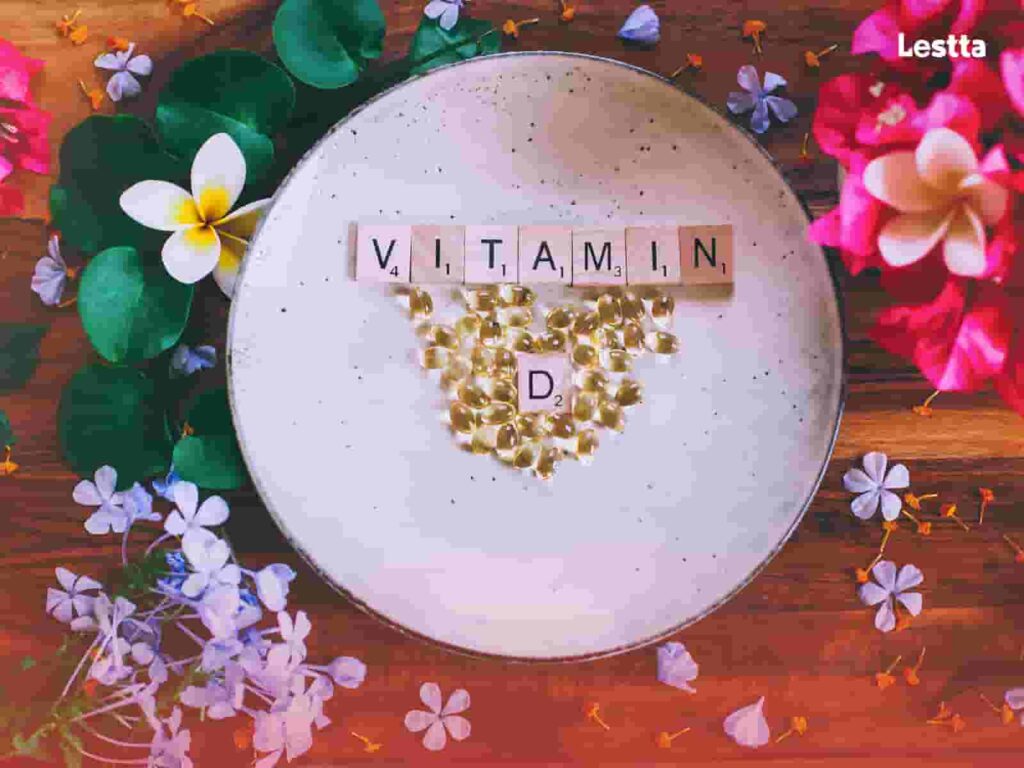
Vitamin D plays a crucial role in facilitating calcium absorption in the body. Sun exposure is a natural source of vitamin D, but depending on where you live and your lifestyle, you might not get enough of it.
Consider talking to your healthcare provider about vitamin D supplementation, especially if you spend limited time outdoors. Adequate vitamin D levels are essential for the utilization of calcium, thus contributing to strong bones.
3. Protein for Bone Health

Protein is a fundamental building block for bone formation and maintenance. Including protein-rich foods like lean meats, poultry, fish, eggs, legumes, and tofu in your diet is essential for building strong bones.
A balanced intake of protein aids in collagen synthesis, which provides the framework for bone mineralization.
4. Magnesium-Rich Foods
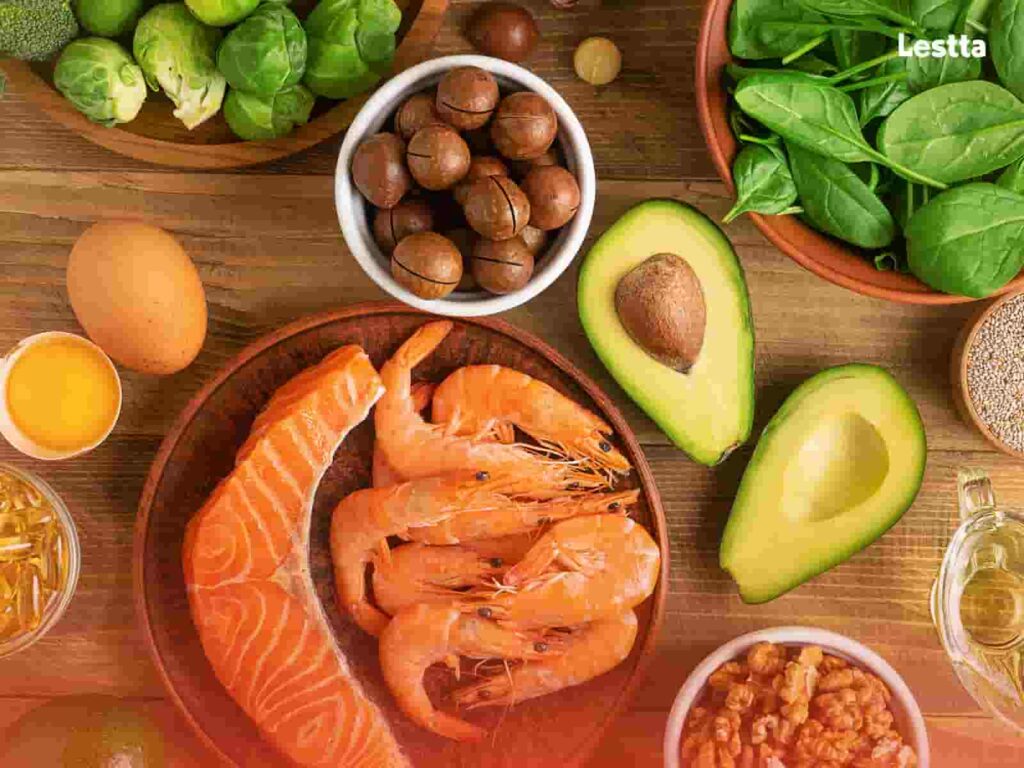
Magnesium is another vital mineral for bone health, as it aids in the activation of vitamin D and contributes to calcium absorption.
Foods rich in magnesium include nuts, seeds, whole grains, leafy greens, and avocados. Incorporating these foods into your diet can enhance your bone health and overall well-being.
5. Vitamin K for Bone Density

Vitamin K is essential for bone mineralization and bone density. Green leafy vegetables like spinach and kale, as well as broccoli and Brussels sprouts, are excellent sources of vitamin K. Including these vegetables in your diet can help improve bone health and reduce the risk of fractures.
6. Reduce Sodium and Caffeine Intake

Excessive sodium and caffeine consumption can lead to calcium loss through urine, potentially weakening your bones over time. Be mindful of your sodium intake by avoiding processed and high-sodium foods.
Limiting your caffeine consumption, found in coffee, tea, and energy drinks, can also prevent calcium loss and promote better bone health.
7. Regular Physical Activity

While not directly a nutritional strategy, regular physical activity complements your efforts to build strong bones. Weight-bearing exercises, such as walking, jogging, dancing, and resistance training, stimulate bone formation and help maintain bone density.
Aim for at least 150 minutes of moderate-intensity exercise per week to support your bone health.
Conclusion
Incorporating these seven essential nutritional strategies into your daily routine can significantly contribute to building and maintaining strong bones. Remember to consume calcium-rich foods, consider vitamin D supplementation if needed, and ensure an adequate protein intake.
Additionally, include magnesium-rich foods and vitamin K sources in your diet, while moderating sodium and caffeine intake. Lastly, don’t forget to engage in regular physical activity to support your bone health.





